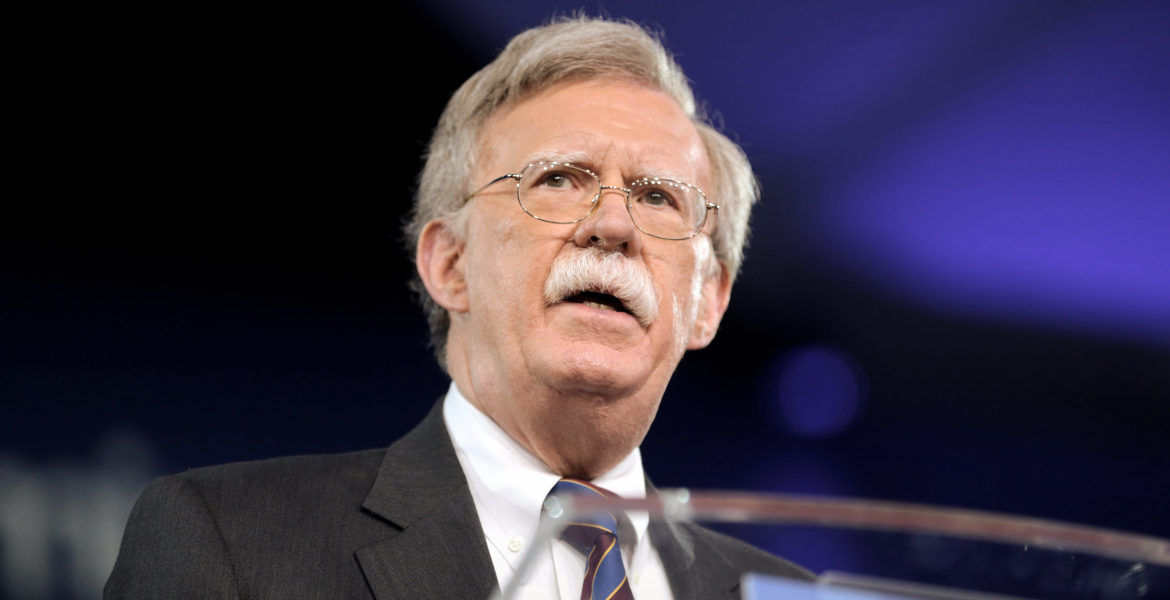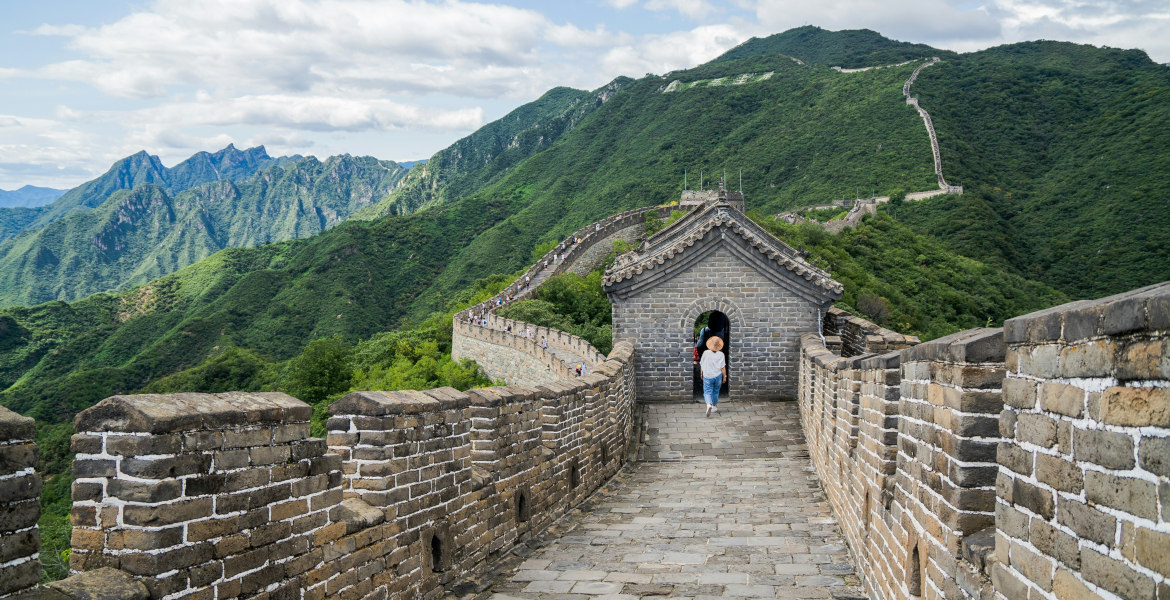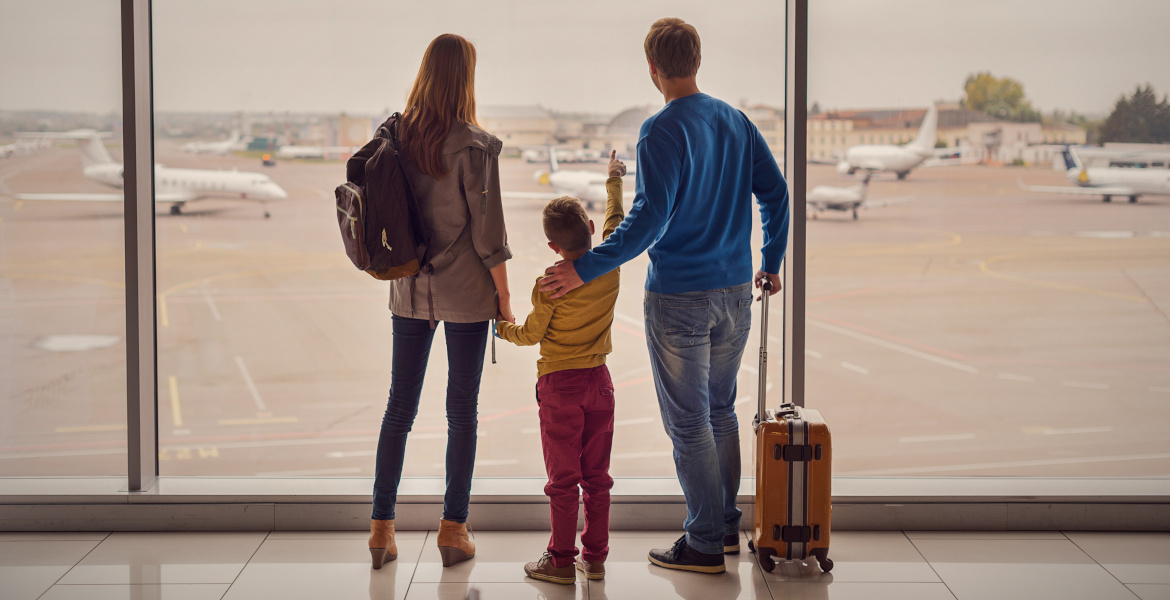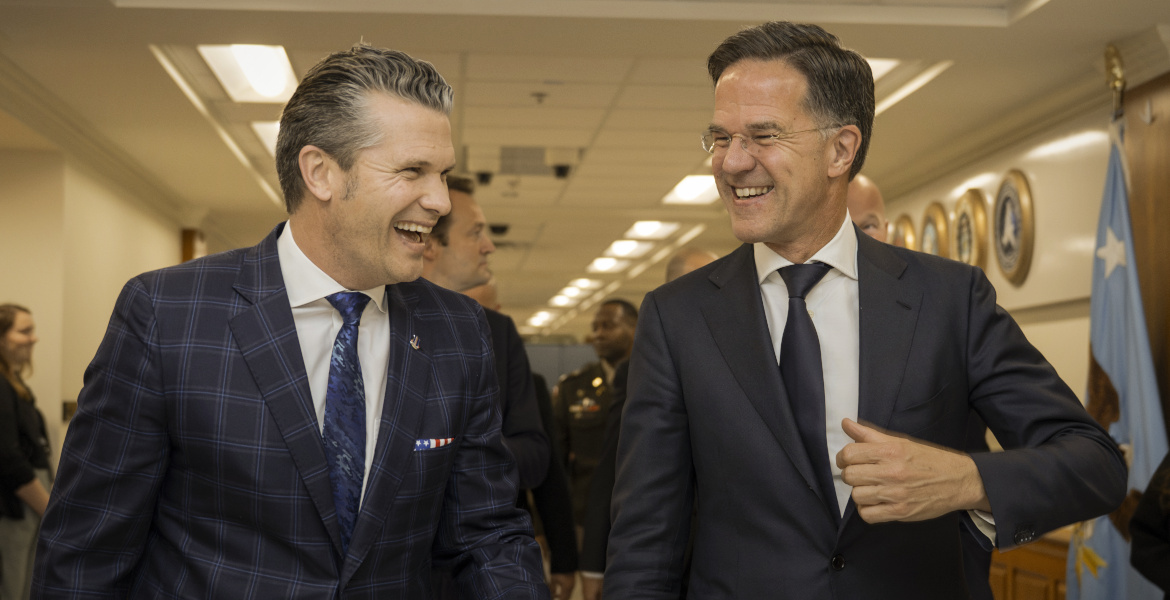The Maldives finds itself amid a diplomatic storm, as its relationship with India has taken a hit due to a series of contentious events. The dispute began when Indian Prime Minister Narendra Modi shared a seemingly harmless photograph of himself relaxing on a sunbed at a pristine beach in Lakshadweep.
This tropical archipelago, consisting of 36 atolls and coral reefs, is located in the Laccadive Sea, off the coast of Kerala. The images also captured the 73-year-old Modi snorkelling activities while sporting an orange life vest.
However, Modi’s relaxing pictures quickly stirred discontent among some in the Maldives, interpreted as an effort to divert tourists from the Indian Ocean archipelago, a region heavily dependent on tourism as a cornerstone of its economy.
Maldivian Deputy Minister of Youth Empowerment, Mariyam Shiuna, mocked Modi in a post, referring to him as a “clown”, a “terrorist” and “puppet of Israel” on microblogging site X, which has now been deleted.
Following this, several Indian celebrities, including actors and cricketers, began openly supporting initiatives aimed at showcasing local beaches and alternative tourist destinations. Moreover, one of the prominent travel websites in India temporarily halted flight reservations to the Maldives.
In response, Maldivian President Mohamed Muizzu’s government called for the withdrawal of Indian military personnel, embarked on a significant overseas visit to China, and annulled a crucial water survey pact, intensifying tensions. However, beneath the surface of this brewing conflict lies a web of interconnected interests and dependencies that both nations share.
High Stakes in India-Maldives relations
At stake is a diplomatic and political relationship that has evolved over six decades. Since India established diplomatic ties with the Maldives in 1965, the two nations have developed deep connections across various sectors. Despite changes in government, India has worked tirelessly to build relationships with political, military, business, and civil society leaders. This meticulous effort has made India the preferred destination for Maldivians in areas such as education and healthcare.
Why does India need the Maldives?
The strategic location of the Maldives is a key factor. Situated barely 70 nautical miles from Minicoy and 300 nautical miles from India’s west coast, the Maldives holds significant importance in India’s maritime security calculus. India has invested heavily in training the Maldivian National Defence Force (MNDF), with nearly 70 per cent of their defence training conducted by India.
The looming Chinese presence in the region adds urgency to India’s need for the Maldives as an ally. As China has extended its influence over the last 15 years, India’s longstanding connections with the Maldives position it as a crucial ally in mitigating the growing impact of China’s presence. The establishment of a coastal radar system in the Maldives further underscores India’s commitment to monitoring activities in the Indian Ocean.
What compels the Maldives to rely on India?
India plays a pivotal role in meeting Maldives’ daily needs. From essential food supplies, medicines, and infrastructure materials to education, India’s contribution is integral to Maldives’ functioning. Indian universities and boarding schools have become the educational lifeline for Maldivian students, who seek quality education. Indian assistance during times of crisis, such as the 2004 tsunami and the 2014 drinking water crisis, has solidified the bond between the two nations.
Maldives’ economic dependence on India is evident, with India being its second-largest trade partner in 2022. The construction of the 300-bed Indira Gandhi Memorial Hospital in Malé and India’s role as a security provider during the 1988 coup attempt underscore the multifaceted nature of the relationship.
Muizzu’s move to revive China FTA raises concerns
In his current visit to China, Muizzu has suggested revitalising the Free Trade Agreement (FTA) with Beijing. Muizzu’s push to revive the China Free Trade Agreement (FTA) is stirring apprehension as some experts fear it could heighten the risk of a debt crisis in the Maldives.
China currently holds 37 per cent of the total debt in the Maldives, and there are concerns that the FTA might exacerbate this, potentially leading the Maldives into a crisis similar to that of Sri Lanka, as reported by The Economic Times.
In its October report, the World Bank cautioned that deepening ties with China could pose challenges for Maldives, given its existing debt of $1.37 billion to Beijing. China holds the position of being the largest bilateral creditor for Maldives, surpassing both Saudi Arabia and India.
The path forward
It is crucial for both New Delhi and Male to recognise the depth of their interdependence and work towards de-escalating tensions. Diplomacy must prevail over knee-jerk reactions. While political rhetoric and public posturing may create temporary rifts, India’s historical role as a reliable partner in times of need and the Maldives’ strategic importance to India’s security interests highlight the mutual benefits of preserving a strong bilateral relationship. Therefore, both nations must engage in open and constructive dialogue to address concerns and find common ground.







